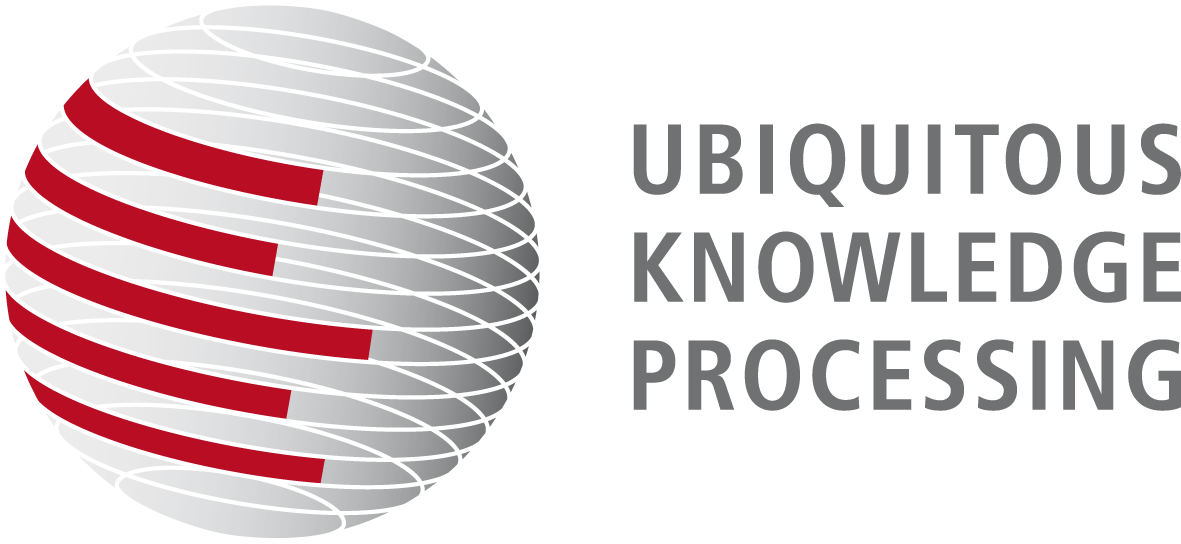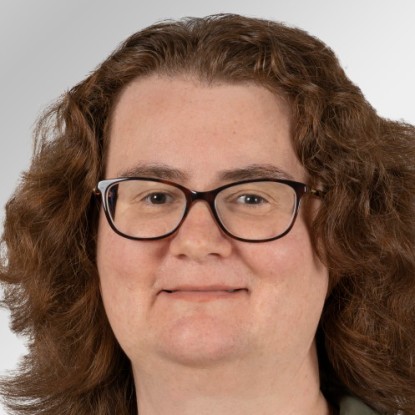LKE/KDSL Reading Group
2013/05/14

The LKE/KDSL Reading Group will discuss 2 papers on Tuesday May 21, 11:40-13:10 in S1/03 223.
Event: The Language and Knowledge Engineering / Knowledge Discovery in Scientific Literature (LKE/KDSL) reading group
Professors: Prof. Iryna Gurevych, Prof. Marc Rittberger, Prof. Karsten Weihe et al.
Coordination: Dr. Judith Eckle-Kohler, Emily Jamison
Place / Time: Tuesday May 21, 11:40-13:10 S1/03 223
The following papers will be presented:
Johannes Daxenberger:
Marta Recasens and Cristian Danescu-Niculescu-Mizil and Dan Jurafsky. Linguistic Models for Analyzing and Detecting Biased Language (opens in new tab). In Proceedings of ACL, 2013.
Why this paper was chosen:
“Detecting biased language or subjectivity is an important issue in Wikipedia research, but also in other domains. In a reference work like Wikipedia, bias is often more implicit and therefore hard to detect. This approach uses a data set of Wikipedia edits to linguistically analyze and automatically detect the biased bias-inducing word in a biased sentence. A set of features is proposed and the automatic performance of the bias detector is compared to human accuracy on that task.
Several people at UKP are working on this topic or with similar data. Possibly controversial issues of this work include: Given the low inter-rater agreement of humans on this task, is the problem well-defined? Is machine learning the right approach to solve this task?”
Lisa Beinborn:
José Martín Castro-Manzano. Towards computational political philosophy. From Advances in Artificial Intelligence, Lecture Notes in Computer Science Volume 7629, 2013, pp 334-346.
link.springer.com/chapter/10.1007%2F978-3-642-37807-2_29
Why this paper was chosen:
“I had never heard about the term computational political philosophy before and wanted to find out what it is about. We are almost all working in interdisciplinary fields and it is always interesting to see how methods from one discipline are applied on ideas or theories from another. If you are breaking a complex theoretic construct (such as the political philosophies here) down to computable problems, does this help in making an idea more concrete and analyzable or does it lead to over-simplification?”
About the LKE/KDSL Reading Group:
The Language and Knowledge Engineering/Knowledge Discovery in Scientific Literature (LKE/KDSL) reading group is part of the LKE/KDSL doctoral program. This program has been established in 2013 at the German Institute for Educational Research and Educational Information in Frankfurt/Main and the Computer Science Department at www.kdsl.tu-darmstadt.de/typo3conf/ext/rs_linklayout/res/link_ext.gif Technische Universität Darmstadt. The goals of the reading group are:
- to stay up-to-date about recent emerging topics and outstanding papers on graph-based algorithms, machine learning and knowledge engineering, computational linguistics and semantics, Web 2.0 technologies and Information Management in the (shared) context of language technologies;
- to practice reviewing, argumentation and negotiation skills;
- to learn about paper writing and best practices in research.
The Language and Knowledge Engineering/Knowledge Discovery in Scientific Literature reading group is the successor of the LKE reading group. The LKE/KDSL reading group takes place on a 4-weekly basis. Each time, papers chosen by the session moderators are collectively read, reviewed and then discussed by the reading group participants.


